Top 10 Health Benefits of Mint
More than a dozen plant species that are members of the genus Mentha go by the name "mint", including peppermint and spearmint. These plants are renowned for ... read more...their cooling effects in particular. Both fresh and dried versions of them can be used as culinary additives. Teas, alcoholic beverages, sauces, salads, and desserts are just a few of the dishes and drinks that include mint as a component. Even though eating the plant has certain health benefits, research reveals that many of mint's health advantages come from using it topically, breathing in its perfume, or taking a capsule. In this article, the health advantages of mint are examined in further detail.
-
While not typically consumed in large quantities, mint does contain a fair amount of nutrients. In fact, just under 1/3 cup or half an ounce (14 grams) of spearmint contains:
- Fiber: 1 gram
- Vitamin A: 12% of the RDI
- Iron: 9% of the RDI
- Manganese: 8% of the RDI
- Folate: 4% of the RDI
It may be challenging to consume even 1/3 cup of mint because it is frequently used in little amounts in recipes due to its potent flavor. However, it's likely that some salad recipes that call for mint among other ingredients will bring you quite near to this quantity. A fat-soluble vitamin essential for eye health and night vision, vitamin A, is particularly abundant in mint. In comparison to other herbs and spices, it is also a rich source of antioxidants. Antioxidants aid in defending your body against oxidative stress, a form of cell damage brought on by free radicals.
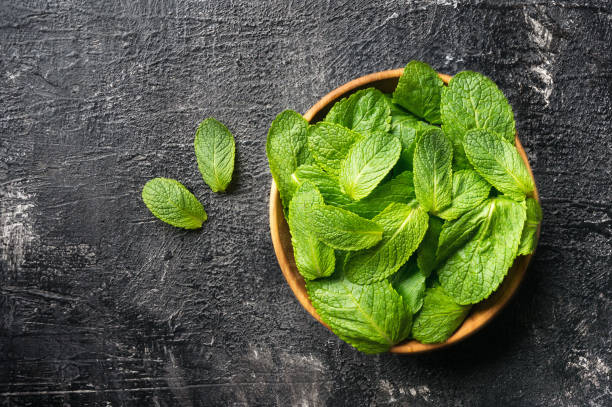
Rich in Nutrients 
Rich in Nutrients -
Irritable bowel syndrome (IBS) is a prevalent condition affecting the digestive system. It is characterized by symptoms of the digestive system such as a gas, bloating, stomach pain, and changes in bowel patterns. Although dietary modifications and medication are frequently used to treat IBS, research suggests that using peppermint oil as a herbal cure may also be beneficial. Menthol, a substance found in peppermint oil, is thought to help reduce the symptoms of IBS by relaxing the muscles in the digestive tract.
Taking peppermint oil capsules significantly reduced IBS symptoms compared to taking placebo capsules, according to a study of nine trials involving more than 700 people with IBS. According to one study, compared to 38% of patients who received a placebo, 75% of patients who took peppermint oil for four weeks experienced improvements in their IBS symptoms. Notably, oil capsules rather than raw mint leaves were employed in almost all studies suggesting IBS symptom improvement.

May Improve Irritable Bowel Syndrome 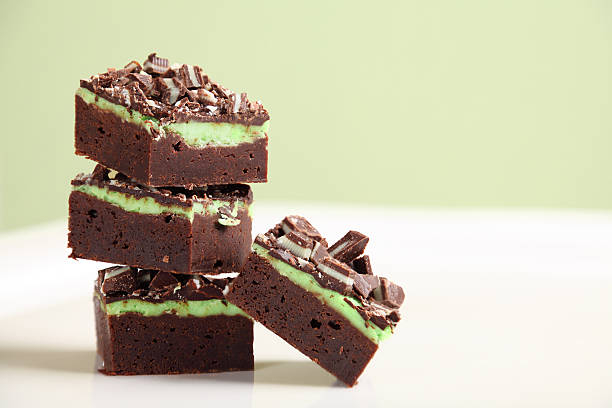
May Improve Irritable Bowel Syndrome -
Mint may be helpful in treating other digestive issues like indigestion and an upset stomach. When food stays in the stomach for too long before moving on to the remainder of the digestive system, indigestion may result. According to numerous studies, using peppermint oil with meals causes food to flow through the stomach more quickly, which may lessen the symptoms of this kind of indigestion.
An amalgam of peppermint oil and caraway oil administered in capsule form exhibited effects resembling those of indigestion drugs, according to clinical research on indigestion sufferers. This reduced other digestive issues including stomach pain. Studies showing that mint can treat indigestion employed peppermint oil rather than fresh or dried leaves, similar to IBS.

May Help Relieve Indigestion 
May Help Relieve Indigestion -
In addition to consuming mint, there are reports that inhaling the perfume of the plant's essential oils may have health advantages, such as enhanced brain function. In a study with 144 young adults, it was shown that inhaling the scent of peppermint oil for five minutes before a test significantly enhanced memory. According to another study, inhaling these oils while driving boosted alertness and lowered feelings of irritation, anxiety, and exhaustion.
Not all studies, nevertheless, support the idea that peppermint oil may enhance cognitive performance. According to one study, the oil's scent was energizing and reduced weariness but had no impact on cognitive performance. To better understand how it might operate and determine whether peppermint can, in fact, enhance brain function, more research is required.
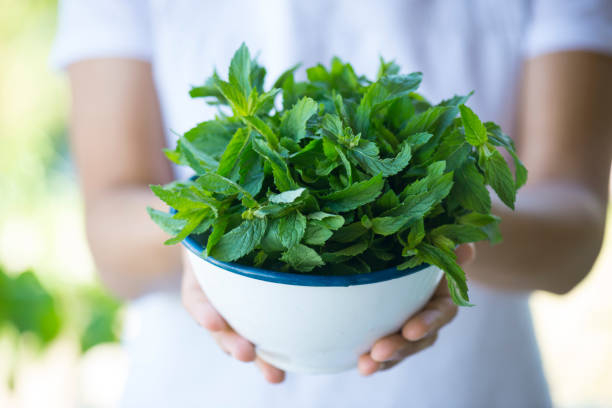
Could Improve Brain Function 
Could Improve Brain Function -
Breastfeeding can be uncomfortable and challenging for mothers who frequently have sore and cracked nipples. According to studies, rubbing mint on the skin can reduce breastfeeding-related pain. After each feeding in these investigations, nursing mothers applied different types of mint to the region surrounding the nipple. They usually used an essential oil alone, or they blended it with gel or water. According to one study, administering peppermint water instead of extracted breast milk after breastfeeding reduced nipple pain by reducing nipple and areola cracks.
Another study found that compared to 6.9% of women who used lanolin and 22.6% of mothers who used a placebo, only 3.8% of moms who applied a peppermint gel had nipple cracks. Further research revealed that mothers who used menthol essential oil after each feeding experienced a reduction in the pain and severity of nipple cracks.

May Decrease Breastfeeding Pain 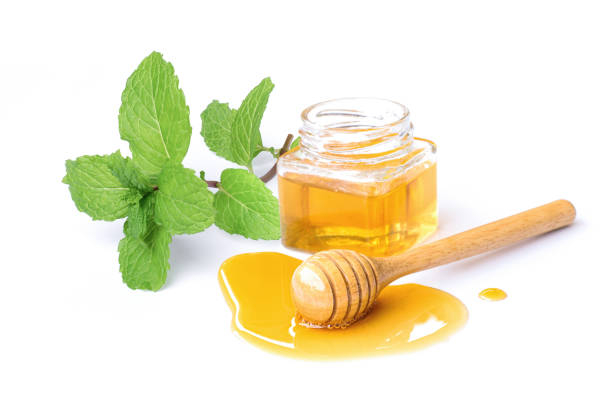
May Decrease Breastfeeding Pain -
Menthol, a key component of peppermint oil, is found in many over-the-counter cold and flu medications. Many people think menthol is a potent nasal decongestant that helps clear up congestion and enhance breathing and ventilation. However, numerous studies demonstrate that menthol does not act as a decongestant. However, studies also suggest that menthol can ostensibly enhance nasal ventilation.
Therefore, even though menthol is not a decongestant, it might give users the impression that breathing through their nose is easier. Those suffering from a cold or the flu will probably feel at least a little better after reading this.

Improves Cold Symptoms 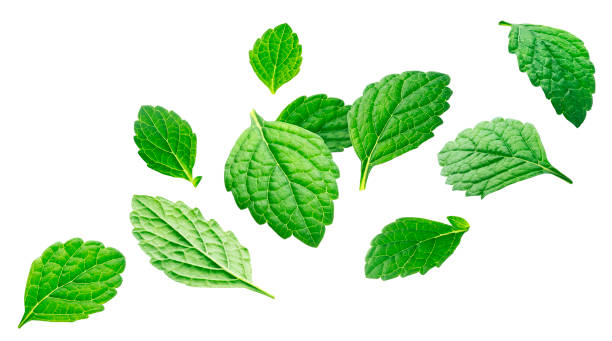
Improves Cold Symptoms -
When attempting to prevent or treat bad breath, some people turn to mint-flavored chewing gum and breath mints. Most of these products, according to experts, can hide bad breath for a few hours. They don't eliminate the germs or other substances that cause bad breath in the first place; they just mask it. On the other hand, since test-tube studies have emphasized the antibacterial benefits of peppermint oil, consuming peppermint tea and chewing on fresh leaves may be able to both conceal bad breath and kill bacteria.
Research led by Prof. Ron Eccles at the University of Wales, UK, states that menthol, present in mint, may help in relieving nasal congestion. It might also be very effective in clearing up congestion of the throat, bronchi, and lungs, which might give relief from respiratory disorders that often result from asthma and common colds.
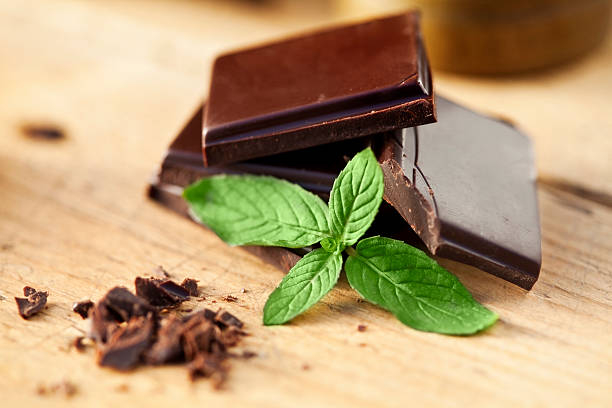
May Mask Bad Breath 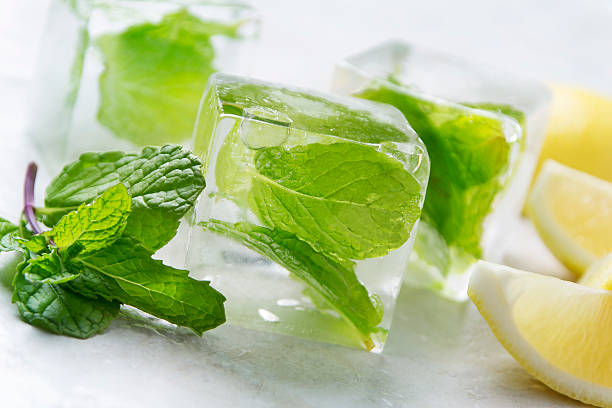
May Mask Bad Breath -
While mint oil can be an effective antibacterial and antipruritic, mint leaf juice may be a superior skin cleaner. It could calm the skin and lessen itching and infections. It can even alleviate some acne symptoms in addition to being a wonderful technique to lessen zits.
It might possess antipruritic characteristics that can be applied to the treatment of bug and insect bites, including those caused by mosquitoes, honey bees, hornets, wasps, and gnats. The cooling sensation may help you stop itching and they want to itch all the time, and the anti-inflammatory properties may help reduce swelling. Due to the oil's potent perfume, which most insects find repulsive, it is frequently used as a fundamental ingredient in bug repellents like citronella candles.
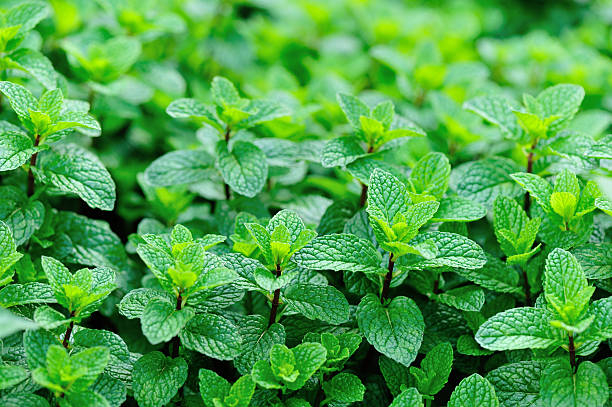
Skin Care 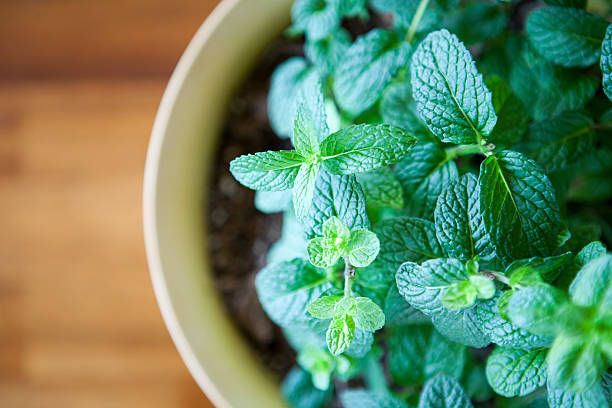
Skin Care -
Mint can be a natural stimulant, and just the smell might make you feel better. According to a 2014 study, adding herbal leaves and their essential oil to your diet can be a fantastic alternative if you're feeling lethargic, worried, sad, or just fatigued.
It can be taken internally, used topically as a salve, or inhaled as a vapor, all of which can provide you with a much-needed boost. Put a few drops of menthol or mint essential oil on your pillow at night so that it can work on your body and mind while you sleep. This is a common technique to obtain good results quickly. One peculiar property of mint that seems quite contrary to its traditional cooling and soothing effects is that it might induce sweating if consumed during fever, thereby breaking the fever and speeding the rate of recovery.
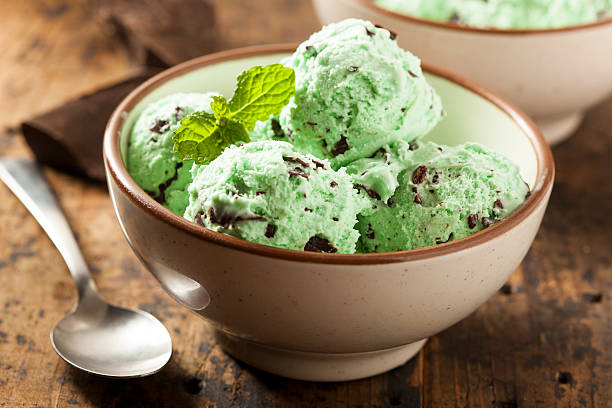
May Relieve Stress 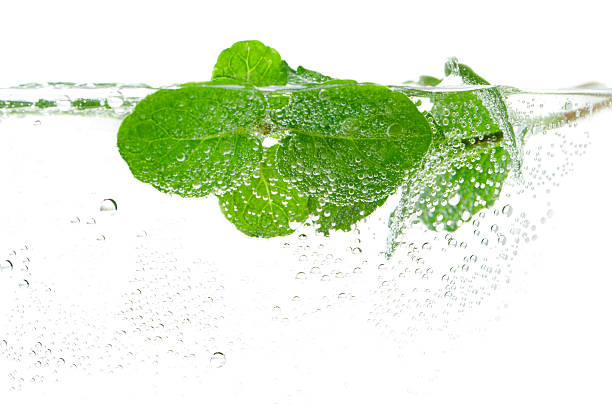
May Relieve Stress -
Mint leaves might be helpful in your quest for healthy weight loss. According to a 2003 study, it may aid in promoting the digestive enzymes that absorb nutrients from meals and break down fat to produce useful energy. By consuming fewer calories, switching to sugar-free mint tea from soda or other sweetened beverages may aid in weight loss. A 12-ounce glass of unsweetened mint tea has no calories, whereas a 12-ounce glass of soda does.
Drs. A. P. Allen and A. P. Smith of Cardiff University conducted research on the impact of chewing gum on stress, alertness, and cognition. It was shown that chewing gum, which contains the primary active ingredient mint, often used by individuals had higher levels of memory recall and mental alertness than those who did not. The stimulant properties of this herb demonstrate that chewing on raw mint leaves or popping a piece of gum may aid to enhance memory.
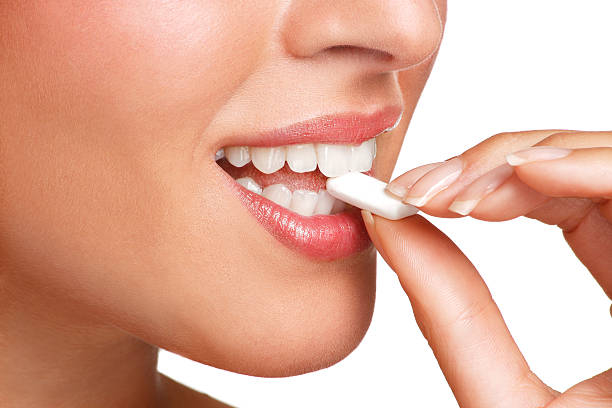
Might Induce Weight Loss and Boost Memory 
Might Induce Weight Loss and Boost Memory































